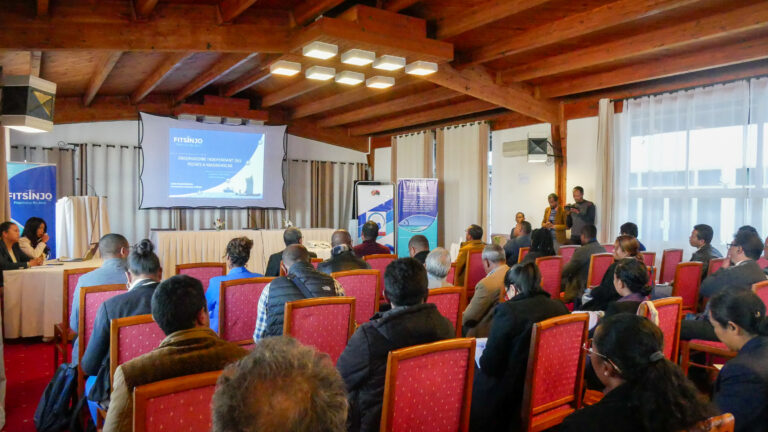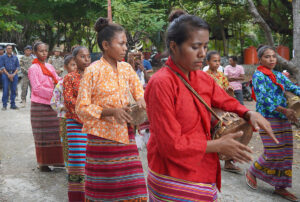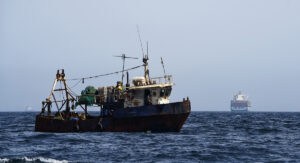A new organisation has launched to help tackle industrial fishing abuses in the waters around Madagascar. Fitsinjo, an independent civil society observatory based in Antananarivo, will promote transparency in the island nation’s fishing sector, providing year round monitoring and reporting of fishing activity. Drawing on diverse sources of data, including community-led surveillance and investigative intelligence, the observatory will shine a light on an industrial fishing sector that has operated largely out of the public eye and has seen a huge growth in illegal, unreported and unregulated (IUU) fishing activity.
Madagascar has one of the largest exclusive economic zones in the Indian Ocean, with a surface area of 1.14 million km². The country’s vast and diverse marine environment underpins jobs and food security for the island nation’s 30 million people. As well as suffering one of the highest rates of extreme poverty on earth, Madagascar has also witnessed growing levels of IUU in recent years, posing a grave threat to food security for millions of people living in coastal communities.
Drawing on a network of communities across the country, Fitsinjo is developing an extensive participatory monitoring network to gather real time reports of illegal fishing activity. Artisanal fishers, tour operators, and port operatives are all contributing information to the observatory to help identify vessels committing violations.
The new observatory will collect, research and analyse information with support from Global Fishing Watch and Skylight to give decision-makers access to vessel monitoring data, and strategic advice on how to combat IUU fishing. Fitsinjo is working to raise awareness among coastal communities about ways they can report infractions.
“Through our shared vision, community network, reliable data and scientific analysis, we aim to raise awareness about IUU fishing and the devastating impact it is having on our ocean” said Joëlle Rahantarivelo, Head of Fitsinjo. “With this new data, we will be able to strengthen our surveillance and compliance measures, protect legitimate fishers and preserve our marine heritage.”
“Industrial fishing boats engaged in illegal activities can avoid scrutiny by turning off electronic monitoring systems, and Madagascar’s EEZ is too vast to be effectively patrolled by boat,” Rahantarivelo explained, emphasising the critical role of coastal communities in tackling industrial IUU fishing violations. “Our most powerful resource in addressing industrial IUU fishing activity is our coastal communities who have millions of eyes and ears trained on our oceans. If we manage to mobilise our fishers to monitor the oceans with us, Madagascar will be in a much stronger position to tackle the problem of industrial IUU fishing in its waters.”
“The launch of Fitsinjo follows a regional symposium on IUU fishing that we co-hosted with the Ministry last month, and will feed into recent substantial efforts by the government to improve fisheries governance, including through better transparency,” said Annie Tourette, Head of Advocacy at Blue Ventures.
“We hope to support the Ministry of Fisheries and the Blue Economy in its fight against IUU fishing in Madagascar’s EEZ, and to make sure that Madagascar and its people benefit from the rich ocean resources that surround our island,” Rahantarivelo added.






















